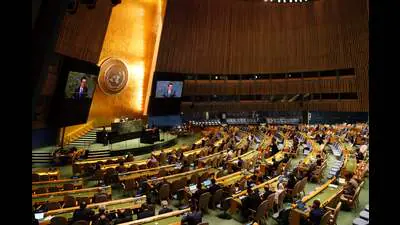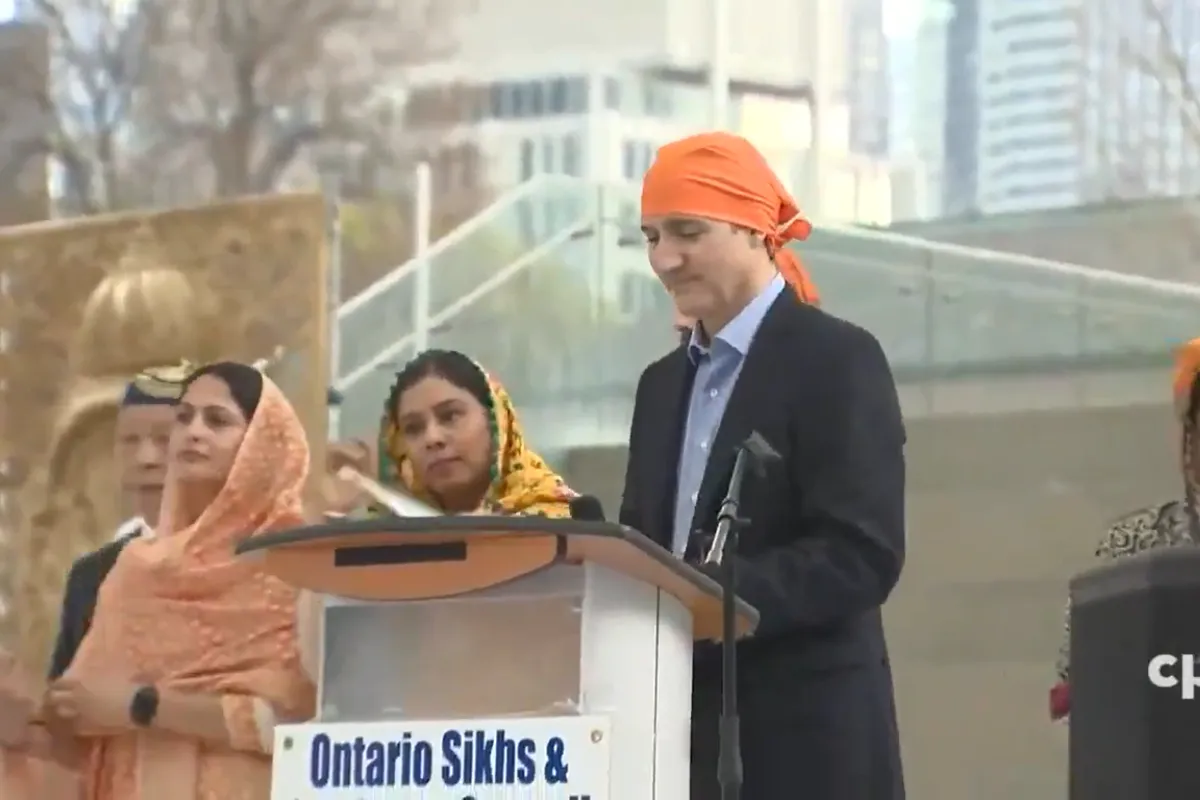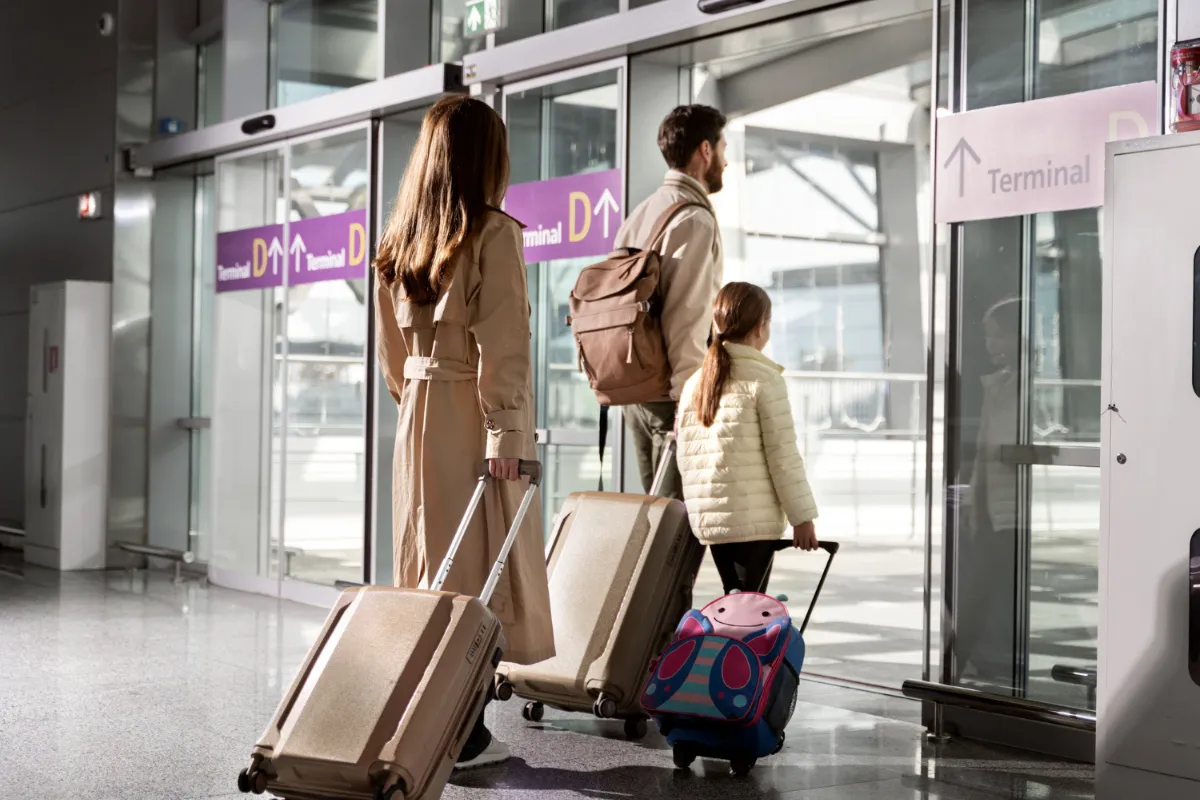India-Canada Relation: According to those acquainted with the situation, Canada’s efforts to get the other G7 nations to mention its claims that “agents” of the Indian government may have had a part in the execution of Sikh terrorist Hardeep Singh Nijjar on Indian soil were unsuccessful.
On Monday evening local time, the G7 foreign ministers convened in New York alongside the high-level UN General Assembly week. The grouping reiterated its strong and critical position on Russia’s war in Ukraine, outlined its policy on competition and cooperation with China, and outlined steps to ensure a free and open Indo-Pacific in a statement released by Japan’s foreign minister, Kamikawa Yoko — Tokyo currently chairs the grouping. However, it didn’t make any critical reference about India.
India has been quietly cooperating with its G7 partners and others to express its position about Canada’s accusations. India’s relationships with the US, Japan, and France are the closest and most friendly of the G7 nations, while those with Germany, Italy, and the UK have recently improved.
Canada’s “efforts to investigate”
The US, which leads the G7 bloc and is an ally of and near neighbour to Canada, has adopted what is perceived as a measured and calibrated attitude on the matter. John Kirby, a spokesman for the US National Security Council, stated that Washington, DC, supports Canada’s “efforts to investigate” what he called “these serious allegations.” Additionally, he said that Joe Biden, the president, was aware of the charges, asked for a “fully transparent, comprehensive investigation,” and urged India to assist.
Another NSC spokesman, Adrienne Watson, tweeted in response to a story that seemed to imply that the administration had been unresponsive to Canada’s claims, “Reports that we rebuffed Canada in any way on this are flatly false. We are coordinating and consulting with Canada closely on this issue. This is a serious matter and we support Canada’s ongoing law enforcement efforts. We are also engaging the Indian government.”
However, it is also recognised that the US is anxious to prevent any escalation of tensions between its close friend (Canada), a signatory to a treaty, and its strategic partner (India), a relationship that administration officials have referred to as the most important for the US in this century.
High-level week at the UN
Canada’s claims have threatened to throw a shadow during the high-level week at the UN, during which the entire globe has gathered in New York. However, India has claimed that the matter has not come up in their diplomatic meetings, believing that Canada has been reckless in making such serious charges in public and secure in the denial given by the minister of external affairs.
Sanjay Verma, secretary (west), and Ruchira Kamboj, India’s permanent representative to the UN, are in charge of the country’s bilateral engagements during the UNGA as a result of foreign secretary Vinay Mohan Kwatra’s cancellation of his trip to New York; he was scheduled to stand in for external affairs minister S. Jaishankar until the minister arrived on September 22 after attending the special session of Parliament.
Jaishankar will arrive in time for the Friday meeting of the Quadrilateral foreign ministers. He then has a full bilateral schedule, where he is scheduled to meet with leaders of both developed and developing nations. On September 26, he will deliver India’s national statement at the UNGA.
Also Read: ABC sends Chandrababu Naidu to 14-day judicial remand in corruption case
Keep watching our YouTube Channel ‘DNP INDIA’. Also, please subscribe and follow us on FACEBOOK












